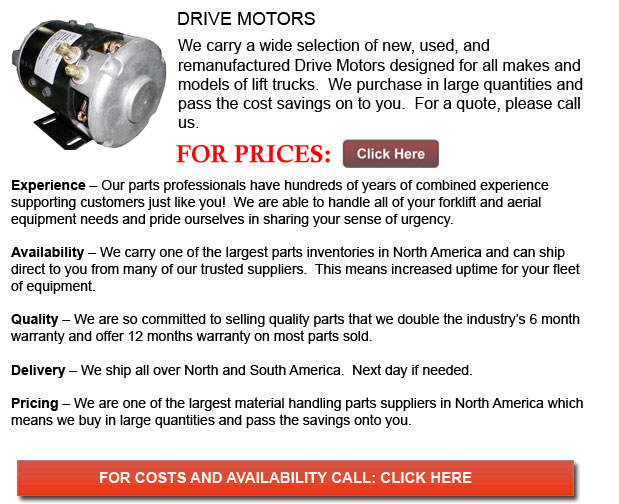
MCC's or otherwise known as Motor Control Centersare an assembly of one or more sections that contain a common power bus. These have been used in the automobile trade ever since the 1950's, for the reason that they were used a large number of electric motors. Now, they are used in other commercial and industrial applications.
Motor control centers are a modern technique in factory assembly for several motor starters. This machine could consist of variable frequency drives, programmable controllers and metering. The MCC's are commonly found in the electrical service entrance for a building. Motor control centers commonly are utilized for low voltage, 3-phase alternating current motors which range from 230 volts to 600 volts. Medium voltage motor control centers are intended for large motors which range from 2300 volts to 15000 volts. These units use vacuum contractors for switching with separate compartments in order to achieve power switching and control.
Within factory locations and area that have corrosive or dusty processing, the MCC can be installed in climate controlled separated locations. Usually the MCC will be situated on the factory floor near the machinery it is controlling.
A MCC has one or more vertical metallic cabinet sections with power bus and provisions for plug-in mounting of individual motor controllers. Smaller controllers could be unplugged from the cabinet to be able to complete maintenance or testing, while very large controllers can be bolted in place. Every motor controller has a contractor or a solid state motor controller, overload relays In order to protect the motor, circuit breaker or fuses to provide short-circuit protection and a disconnecting switch in order to isolate the motor circuit. Separate connectors enable 3-phase power to be able to enter the controller. The motor is wired to terminals located within the controller. Motor control centers offer wire ways for power cables and field control.
In a motor control center, each and every motor controller can be specified with several different choices. Some of the choices consist of: pilot lamps, separate control transformers, extra control terminal blocks, control switches, and numerous kinds of bi-metal and solid-state overload protection relays. They likewise comprise different classes of types of circuit breakers and power fuses.
Regarding the delivery of motor control centers, there are various options for the customer. These could be delivered as an engineered assembly with a programmable controller along with internal control or with interlocking wiring to a central control terminal panel board. Conversely, they can be supplied ready for the customer to connect all field wiring.
Motor control centers usually sit on the floor and must have a fire-resistance rating. Fire stops may be necessary for cables which go through fire-rated floors and walls.
![]() Click to Download the pdf
Click to Download the pdf
Forklift Parts
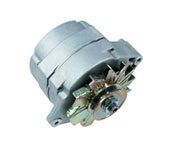
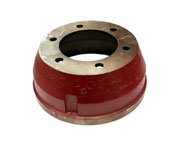
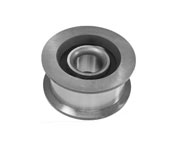
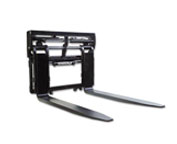
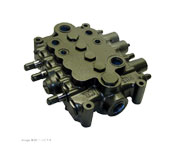
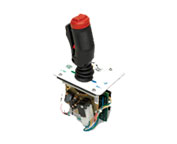
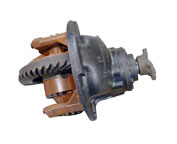
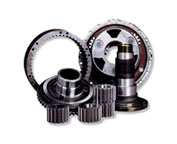
Lift Parts Express
TOLL FREE: 1-888-695-7994
Modesto, California
Email Us
About Us


